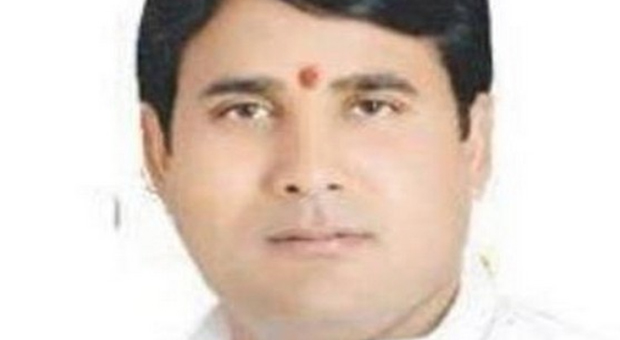Ahmedabad, Apr 22: Coming down heavily on the Special Investigation Team (SIT) which probed the 2002 Naroda Patiya riot cases, the Gujarat High Court said there were several "shortfalls" in its probe.
A division bench of Justices Harsha Devani and A S Supehia also said the investigation carried out by the SIT, which was constituted on the directions of the Supreme Court in 2008, did not "inspire much confidence".
The high court had yesterday acquitted former BJP minister Maya Kodnani, along with 17 others, and upheld the conviction of 13 people, including ex-Bajrang Dal leader Babu Bajrangi. It also convicted three others who were acquitted by the trial court.
"It is during the course of investigation by the SIT that the name of ...Mayaben Kodnani was revealed. From the evidence of the witnesses who have named Mayaben Kodnani, it emerges that many of them have referred to her having come in a white Maruti car. However, no efforts have been made to ascertain as to whether the said accused owned any white Maruti car at the relevant time," the court said.
"No investigation has been conducted to establish whether (Kodnani) used to travel in a white Maruti car, nor has any exercise been undertaken to establish that accused No.62 Kirpalsingh Chhabra was her P.A."
"There are several other shortfalls in the investigation conducted by the SIT, reference to which has been made at the particular stage in the judgement," it said.
The high court, while acquitting Kodnani, who was first made an accused by the SIT in 2008, said discarding investigations carried out by agencies before the SIT, or giving it less weightage, did not arise.
"Considering the overall evidence which has come on record as well as the investigation carried out by the SIT, which too, does not inspire much confidence ...the court is of the view that the prior investigation ...cannot be discarded and ignored while considering the credibility of a witness," it said.
The order of the trial court had relied upon the SIT findings over findings of earlier agencies, which the high court said "has no legal basis."
"It is settled legal position that it is the first version which comes on record which is most significant," it said, while observing that the apex court ordered for an SIT to carry out "further investigation" and not "reinvestigation."
The SIT had verified statements of several witnesses and also recorded statements of new witnesses as part of its investigation.
The high court also criticised the investigating officer of the SIT, saying that witnesses' statements were recorded "in blatant breach" of the provisions of section 161 and 162 of the CrPC as he obtained signatures of the witnesses and police officers on their statements.
"One wonders whether the Investigating Officer (SIT) and such high ranking officers were not aware of these basic provisions of law," it said.
While upholding the conviction of former Bajrang Dal leader Babu Bajrangi and two others -- Prakash Rathod and Richard Chhara -- who were also charged with criminal conspiracy, the court considered the oral evidence of journalist Ashish Khetan, who later joined politics.
Khetan had carried out a "sting operation" on the three convicts. The court said that "extra judicial confessions" made by Bajrangi and two others in the sting operation were established by Khetan's oral statement.
"The documentary evidence, which is in the nature of electronic recording, would therefore be in the nature of corroborative evidence to support the testimony of the witness," it said.
It also pulled up the special public prosecutor of the SIT for "not understanding that information/sting in the DVDs and CDs is in the nature of documentary evidence and has to be proved in accordance with section 65B of the Evidence Act."
The court said this observing that the SPP tried to focus Khetan's cross examination on aspects of "inducement, and the fact that the witness had carried out the sting under an assumed identity by using a fabricated identity card.






Comments
Add new comment